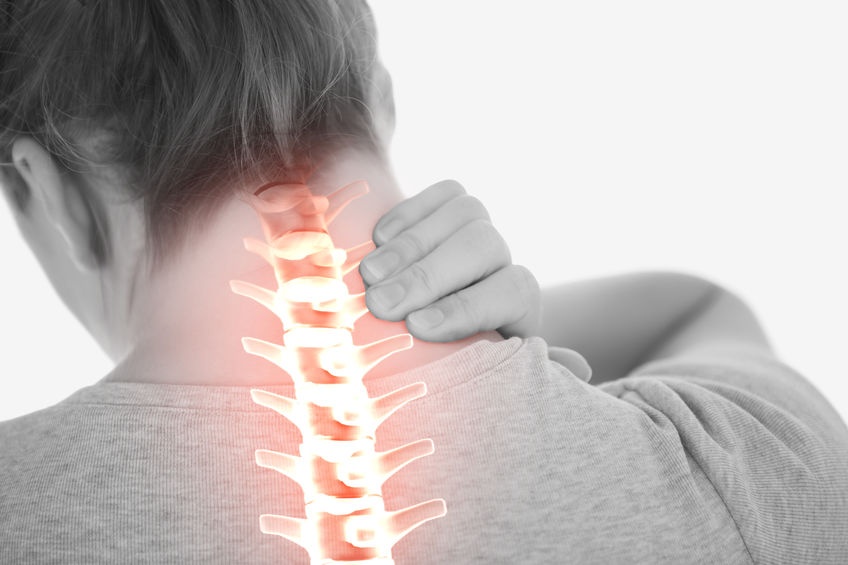Your neck has the tough job of supporting your head, which weighs around 11 pounds on average. This strong but delicate body part performs this task all day and may be prone to injuries and strains. In fact, over 25 percent of adults in the United States suffer from neck pain at some point in their lives.
The anatomy of your neck includes bones, muscles, and ligaments, which might get strained or inflamed if exposed to bacteria or undue pressure. In this article, we investigate the causes of neck pain and how Interventional Pain and Regenerative Medicine Specialists can help you beat the discomfort.
Causes of Neck Pain
A good number of neck pain cases are temporary and usually resolve in a short time with some home remedies and rest. For instance, it is not uncommon to experience neck pain after sleeping in a bad position or standing all day. Some cases, however, might be caused by more serious conditions, such as:
- Muscle tension
- Muscle strains and sprains
- Fibromyalgia
- Spinal stenosis
- Poor posture
- Poor sleeping positions
- Repetitive motion
- Traumatic injury from an auto accident
- Infections
- Vertebrae fractures
- Sports injuries
- Pinched nerves
- Tumors
- Herniated disks
- Osteoporosis
A neck pain specialist will usually study your symptoms and perform diagnostic tests to determine the cause of your neck pain. From the diagnosis, they can then fashion a suitable treatment regimen.
When Should You Seek Treatment for Neck Pain?
There are several ways you might be able to relieve mild neck pain at home. These include massaging your neck, stretching, and applying a hot or cold compress. That said, some cases of neck pain could require professional treatment as they might be indicative of a degenerative disease or an injury. Seek medical attention if you experience the following symptoms:
- Weakness and fatigue
- Swollen glands
- Trouble breathing or swallowing
- A lump in the neck
- Numbness or tingling
- Nausea or vomiting
You should also talk to your doctor if your neck pain persists for more than two weeks, causes a reduction or loss in range of motion, and does not improve with home remedies.
Neck Pain Treatment
Generally, your treatment regimen for neck pain will depend on several factors such as the underlying cause and the severity of pain. Common treatment options include traction, physical therapy, muscle relaxants, pain medication, and a neck collar. Severe cases might require cortisone shots or surgery.
Traditional treatments might not always alleviate neck pain. In such a case, your doctor might recommend options like chiropractic care, massages, and acupuncture for relief. You might also need to adopt an exercise regimen to increase your range of motion and pain tolerance.
It is important to note that only a professional can successfully reduce or alleviate neck pain. Avoid dwelling on home remedies if they aren’t working, especially if your symptoms go past two weeks.
Seek Professional Help
Neck pain can range from mild discomfort to debilitating pain, which can significantly affect your ability to engage in day-to-day activities. Fortunately, the condition is manageable, if not treatable, when detected and addressed early by a neck pain specialist.
If your neck pain is persistent or debilitating, contact John Huffman, MD, a neck pain specialist based in Arlington, Virginia to discuss the cause of your pain and possible treatments.













Comments